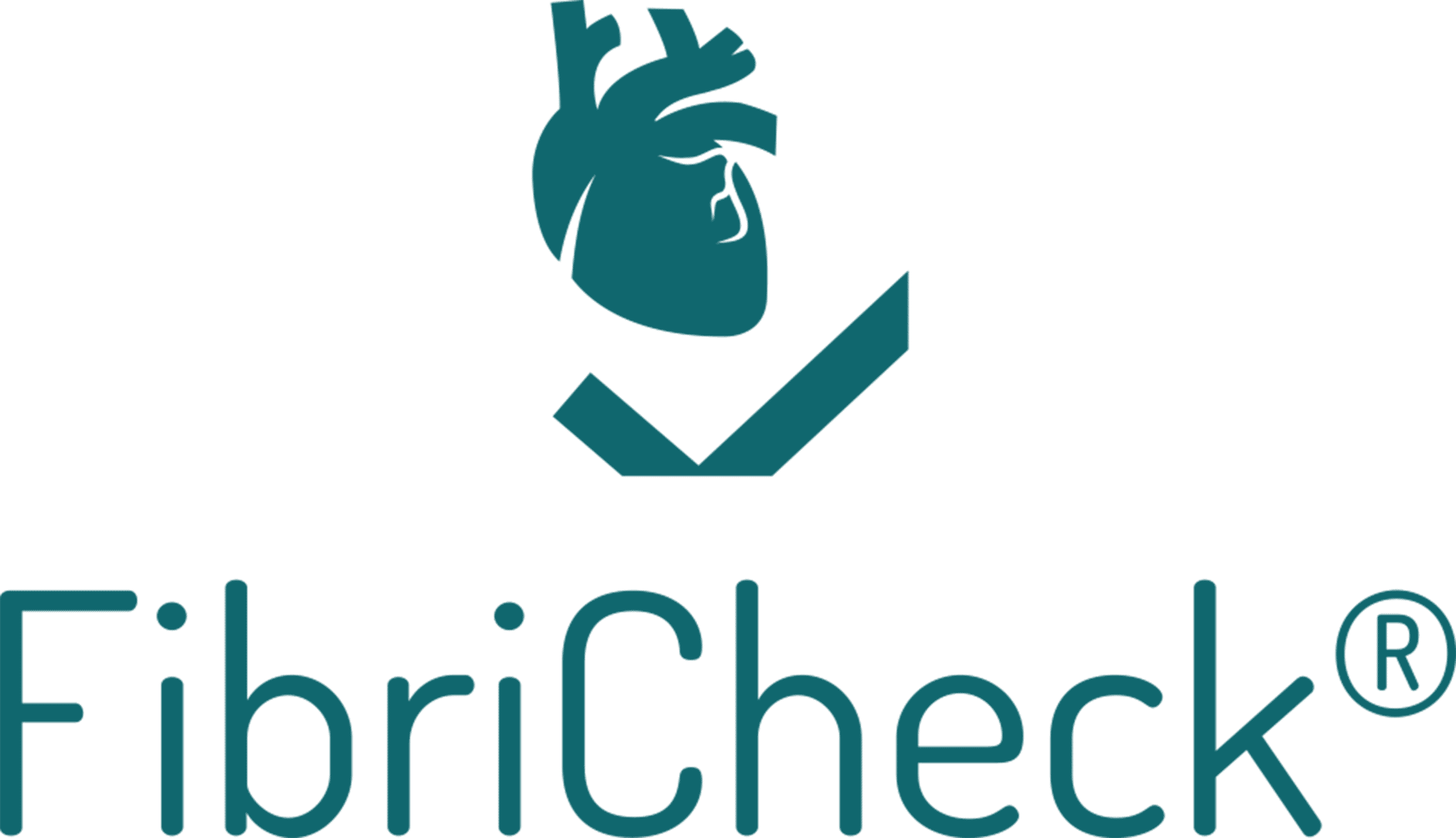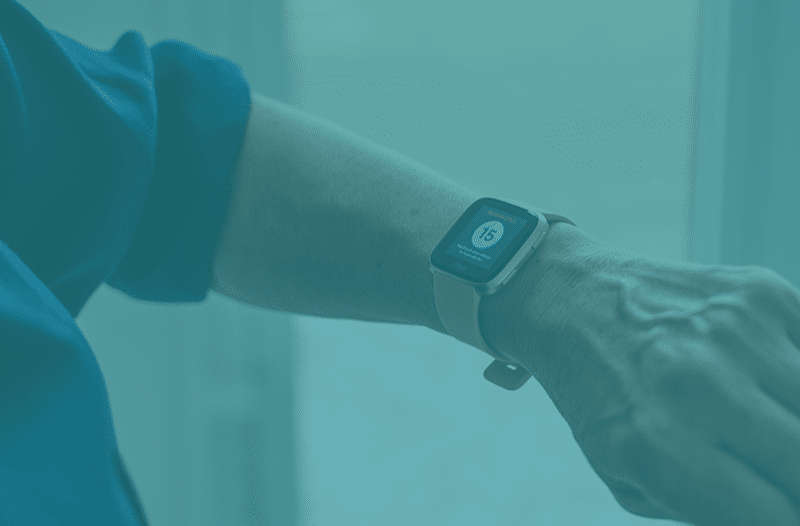As opposed to your heart rate which varies constantly, your heart rhythm should stay regular throughout the day. An irregular rhythm of your heartbeat is what we call a heart rhythm disorder or arrhythmia. From the age of 40 you have no less than a 25% chance of developing a heart rhythm disorder such as atrial fibrillation (AFib). More so: the older you get, the higher the risk.
The adverse consequences of cardiac arrhythmias
Does your heart ever skip a beat? Do you sometimes experience palpitations? Then please pay attention. Cardiac arrhythmias are not (always) harmless. The irregular pumping of the heart causes blood clots in the heart’s chambers. These blood clots can end up in your bloodstream and cut off the blood flow when they get stuck in your blood vessels. As a result the specific organ no longer receives vital oxygen. In case of a pulmonary embolism for example, a blood clot blocks a blood vessel in the lungs, a stroke means there’s a blockage in the brain.
Fact
From the age of 40 you have no less than a 25% chance of developing a heart rhythm disorder such as atrial fibrillation (AFib). More so: the older you get, the higher the risk.
Cardiac arrhythmias increase the chance of a stroke by a factor 5.
In 20% of all strokes atrial fibrillation (AFib) is the villain. Getting diagnosed in time is therefore of vital importance. With appropriate treatment you can avoid serious complications. Three quarters of all strokes can even be prevented through good screening and active follow-up.
Detecting cardiac arrhythmias: a real challenge

A healthy heart rate is no guarantee for a healthy heart rhythm. But how do you know if you suffer from a heart rhythm disorder? Since cardiac arrhythmias are vicious critters, that proofs to be quite challenging…
- A disturbed heart rhythm can come and go.
Palpitations do not always persist for a long time. You may experience symptoms, book an appointment with your GP or cardiologists and have a perfectly normal heart rhythm while lying on the examination table. Nothing seems to be wrong at that time. Seems, indeed. Quite a frustrating experience.
2. Sometimes there are no symptoms at all that suggest a disturbed heart rhythm.
Four out of ten people with a cardiac arrhythmia experience no symptoms at all and therefore simply do not know. Until something goes terribly wrong …
FibriCheck: your daily checkup
Arrhythmias can develop quite suddenly. A regular, quick diagnosis and appropriate treatment significantly reduce the risk of serious complications.
That’s where FibriCheck comes in. Our medically certified app checks your heart rhythm on your smartphone, wherever and whenever you want.
Create the habit to check yourself twice a day using the app. Do you feel any symptoms? Then perform an additional measurement. In case of irregularities you can easily share all findings with your treating physician. This way he/she gets an accurate picture of your condition. Regularly checking your heart rhythm can save your life.
FibriCheck: heart health insights on your wrist
Start your one day free trial today
more info on FibriCheck for Fitbit
Created on July 23rd, 2019 at 09:23 am
Last updated on January 17th, 2023 at 08:57 am

